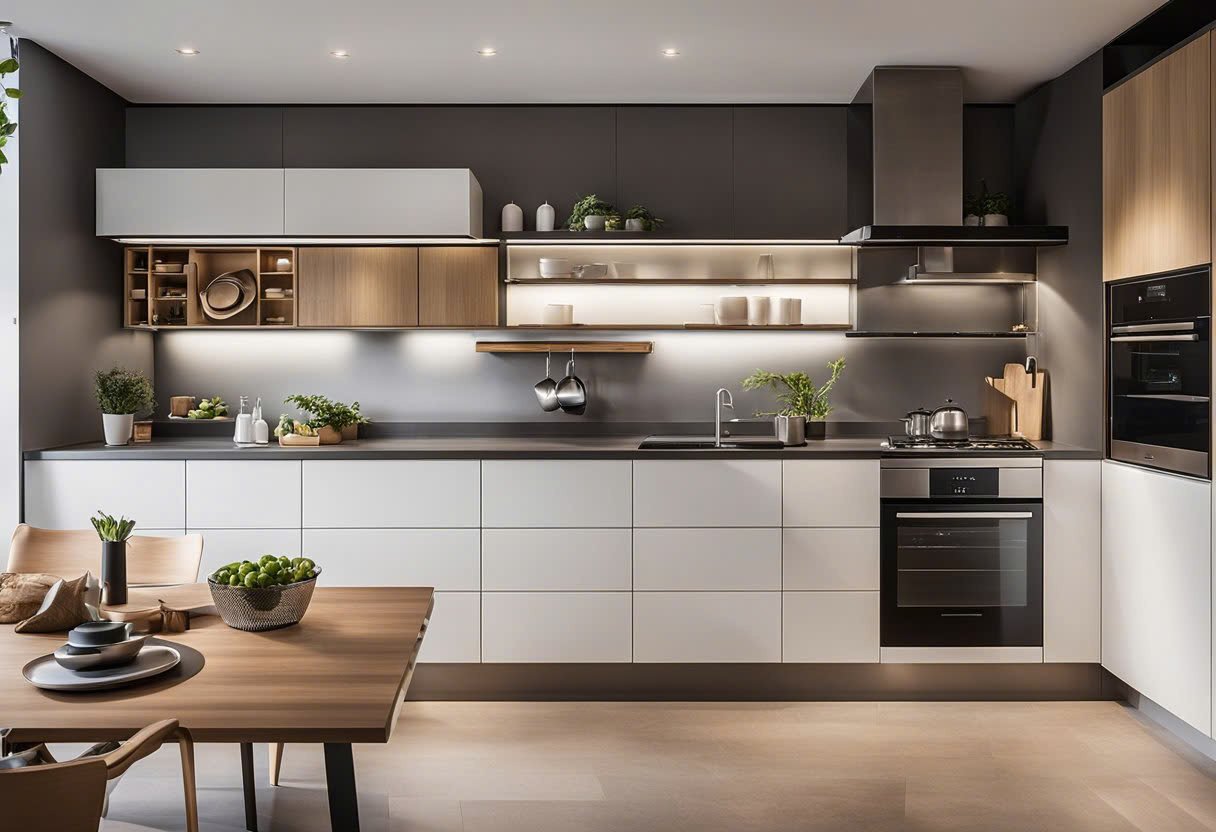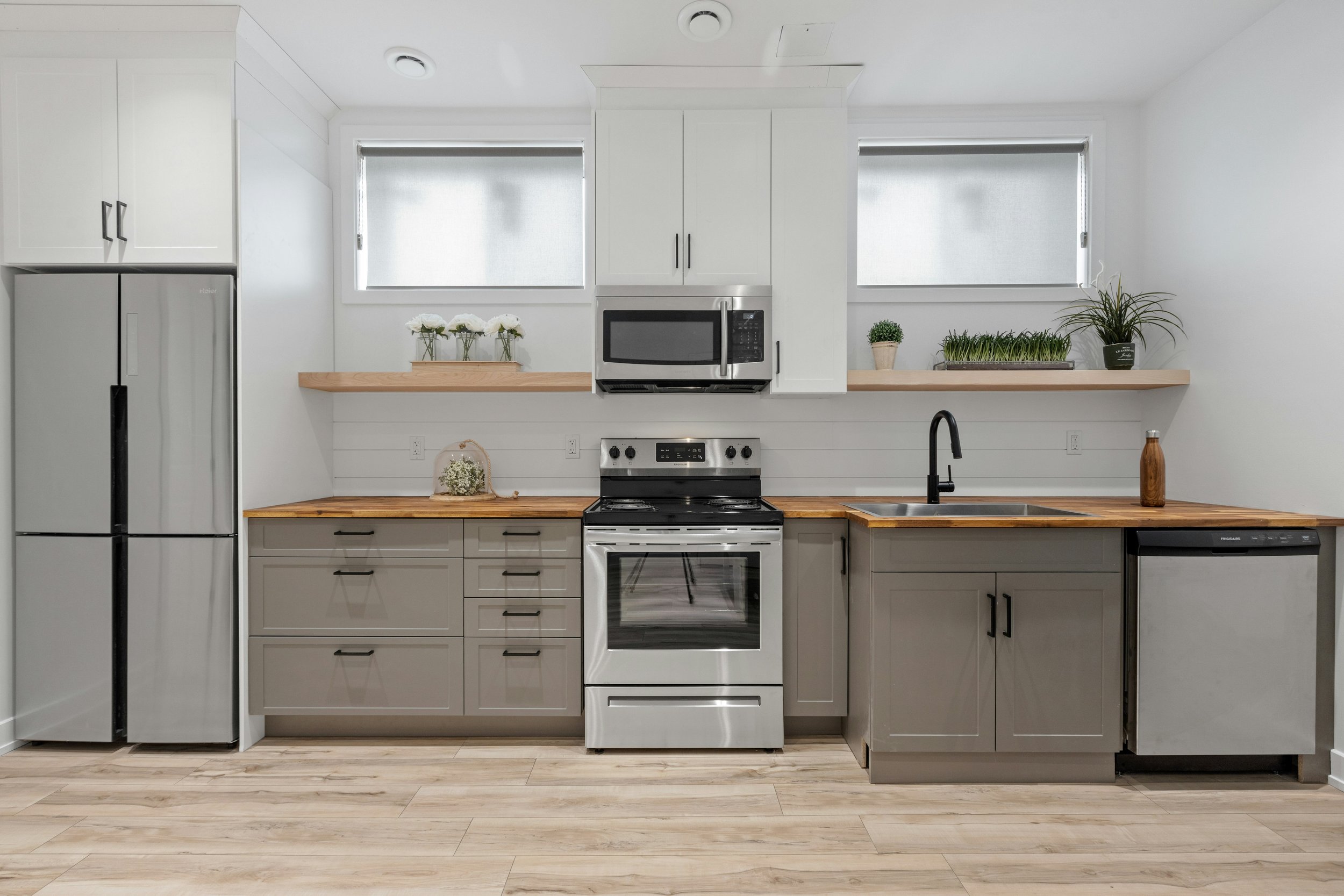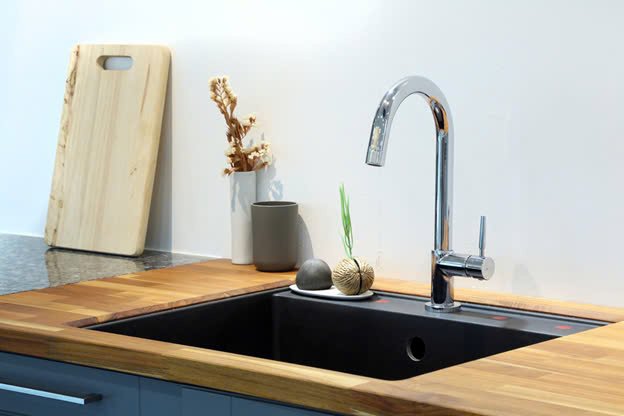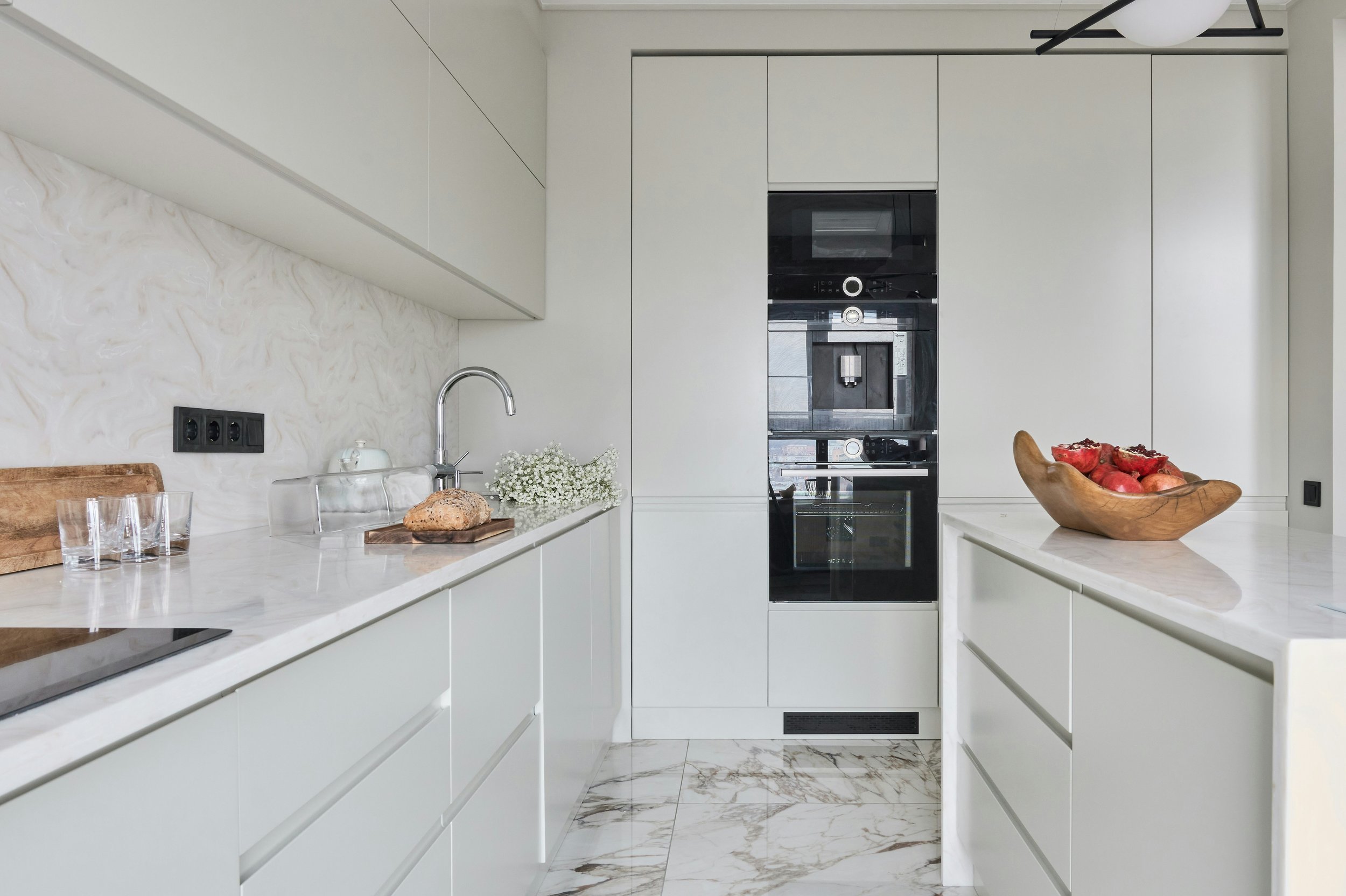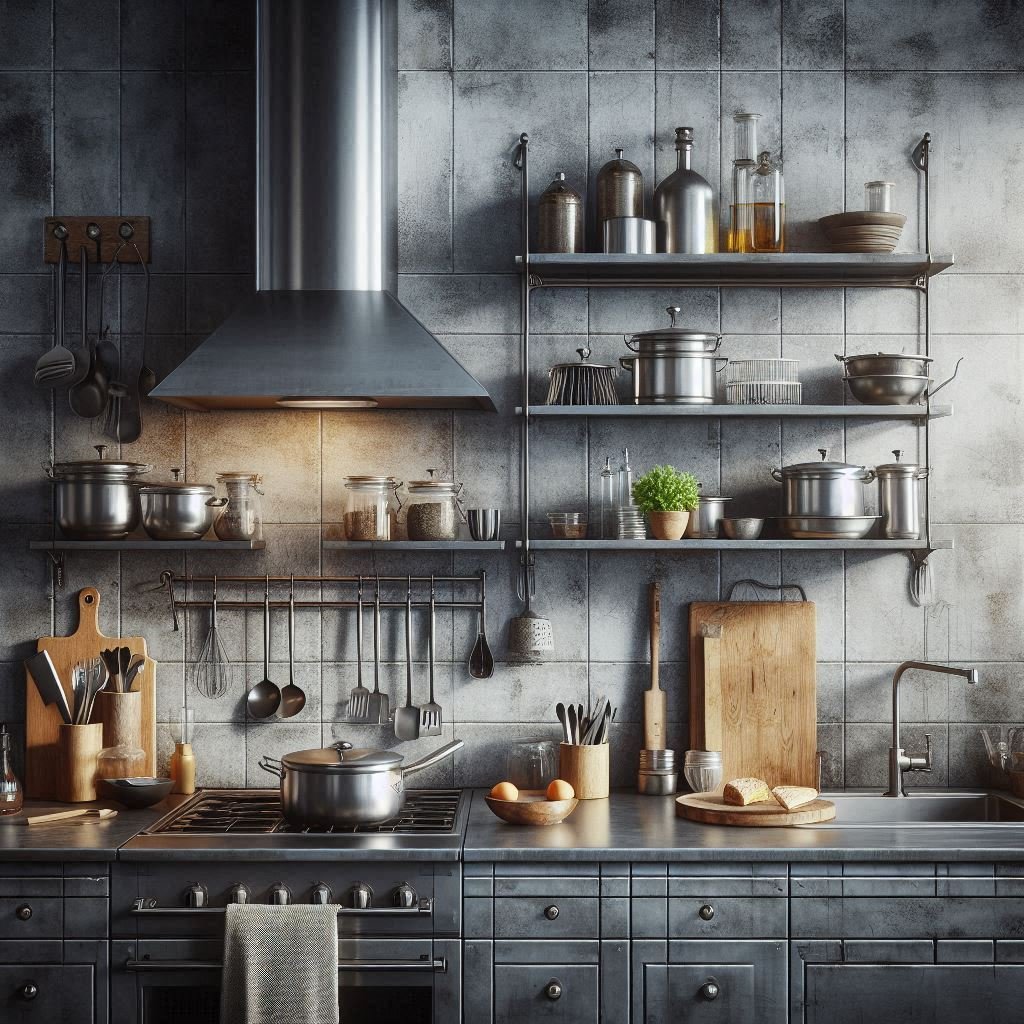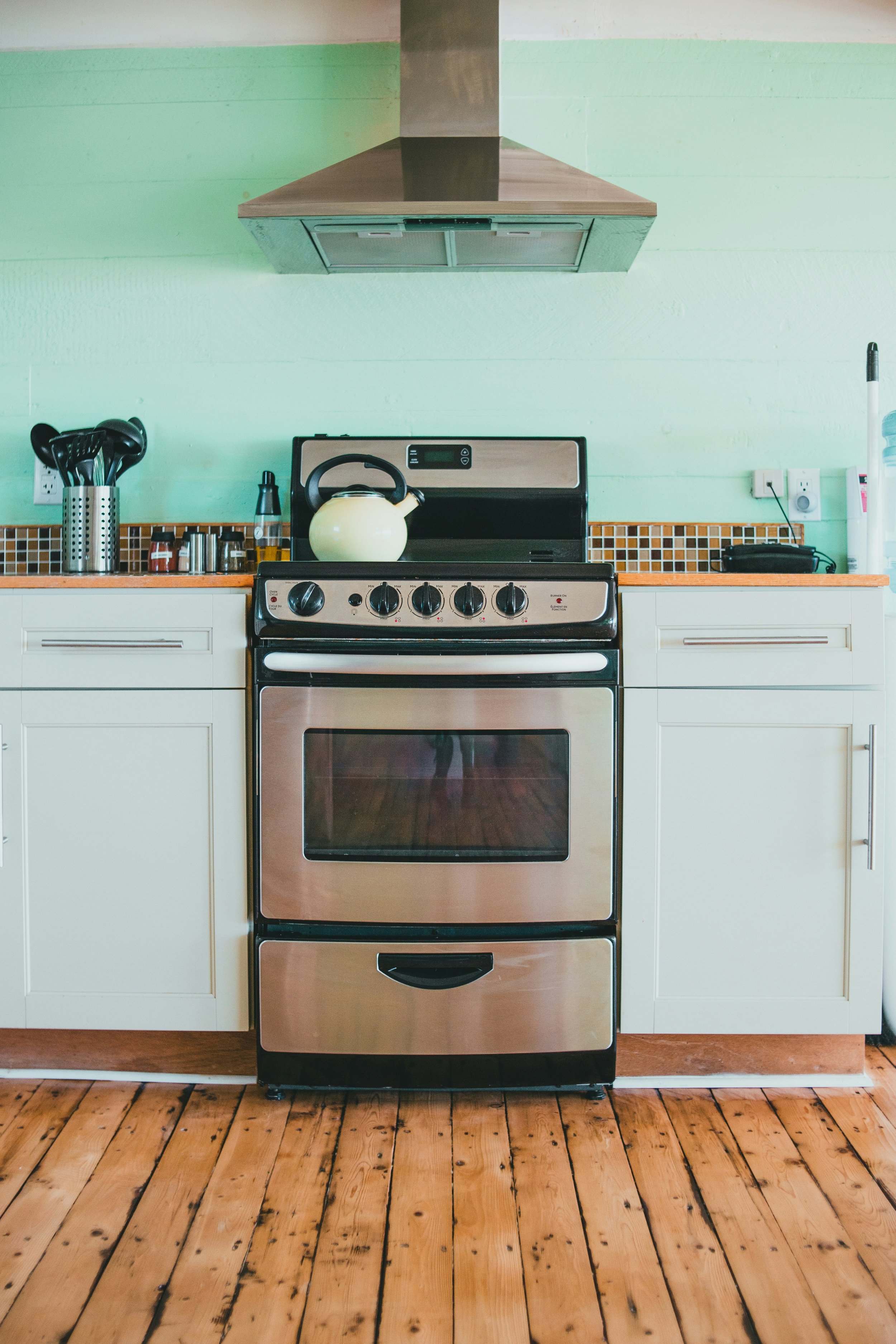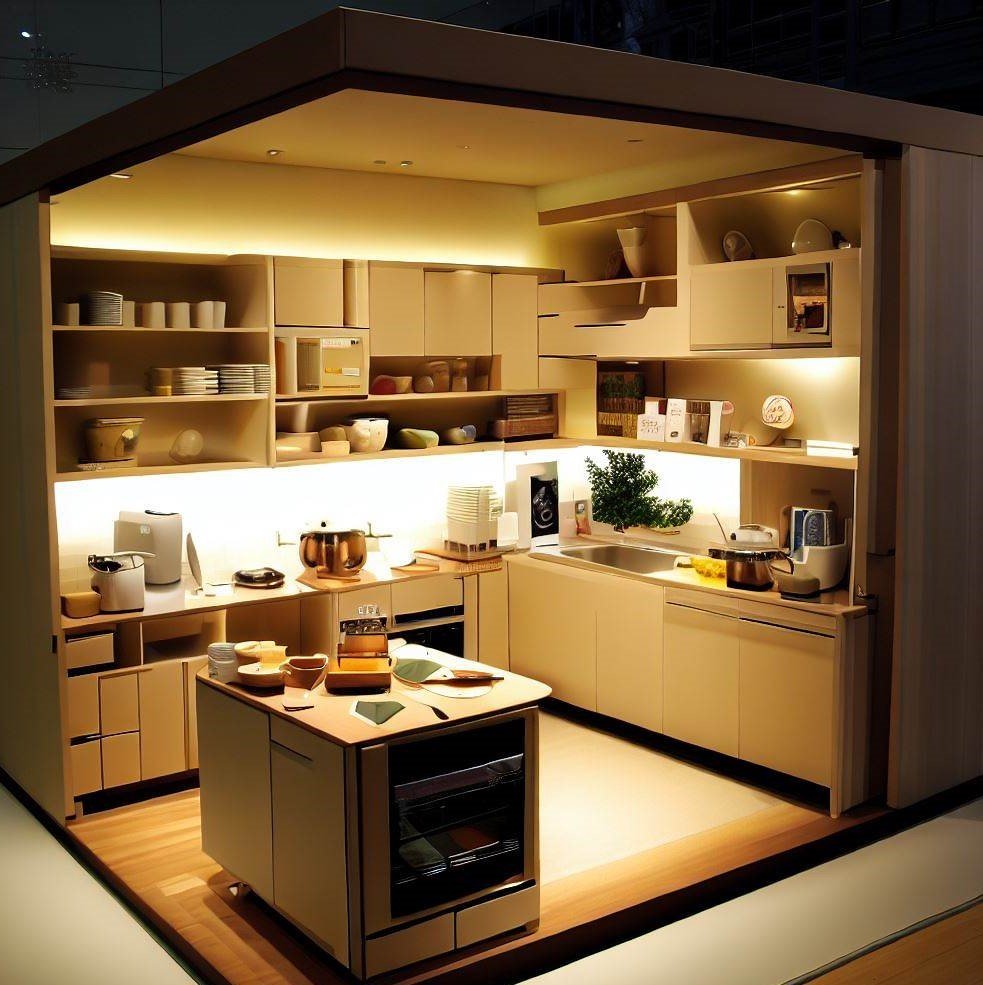How Kitchen Ventilation Affects Energy Consumption and Ways to Improve It
Discover how proper kitchen ventilation impacts your home's energy use and learn effective ways to boost efficiency and indoor air quality.
The kitchen is one of the most energy-consuming rooms in the house. This results from the continual operation of devices like the stove, refrigerator, and, of course, the ventilation system.
The Importance of a High-quality Kitchen Exhaust Fan
The exhaust fan is the main element of kitchen ventilation. It removes odors, moisture, and pollutants from the air. When installed and adjusted correctly, this device can greatly alleviate the load on the air conditioning and heating systems, improving air circulation in the room. But if poorly maintained or improperly adjusted, it can lead to increased energy consumption due to inefficient airflow and additional workload on the HVAC system.
What to consider when choosing an energy-efficient kitchen exhaust fan? First of all, pay attention to its technical characteristics – energy consumption level, power, and automatic speed control functions. Modern models equipped with sensor systems enable automatic fan adjustments based on current requirements, thereby lowering energy usage. Noise level is important as well. After all, a noisy exhaust fan can cause discomfort, prompting users to leave it running longer than necessary, thus increasing energy consumption.
The German brand Blauberg offers professional ventilation solutions with a contemporary design, exceptional reliability, and well-balanced technical specifications. Each kitchen exhaust fan is tested in leading international laboratories, which guarantees the highest quality and efficiency. Technical characteristics and product certificates can be checked on the company's website.
Ways to Improve Energy Efficiency
How to improve ventilation energy efficiency and reduce costs? Here are some useful tips:
Use automatic speed control systems. Modern fans feature sensors that automatically adjust the power based on the level of kitchen usage. This helps avoid unnecessary fan operation and saves energy.
Make sure air ducts are adequately insulated. Insulating air ducts will minimize heat loss and lessen the burden on the heating system, consequently decreasing energy expenses.
Maintain ventilation systems regularly. Cleaning filters and checking fan operation helps keep them efficient and avoid unnecessary energy consumption due to contamination or malfunctions.
Use ventilation systems with energy-efficient motors. AC and EC motors consume less electricity while delivering high performance.
Plan ventilation taking into account the kitchen operating mode. Don't turn on the hood at full power for light cooking – adjust it according to your actual ventilation needs.
Following these simple tips can lead to noticeable reductions in energy consumption, improve indoor air quality, and extend the lifespan of your kitchen ventilation system.
Final Thoughts
Efficient kitchen ventilation improves air quality and helps reduce overall energy costs. By investing in modern, well-designed exhaust fans and using them wisely, homeowners can create a healthier and more energy-efficient kitchen environment.






